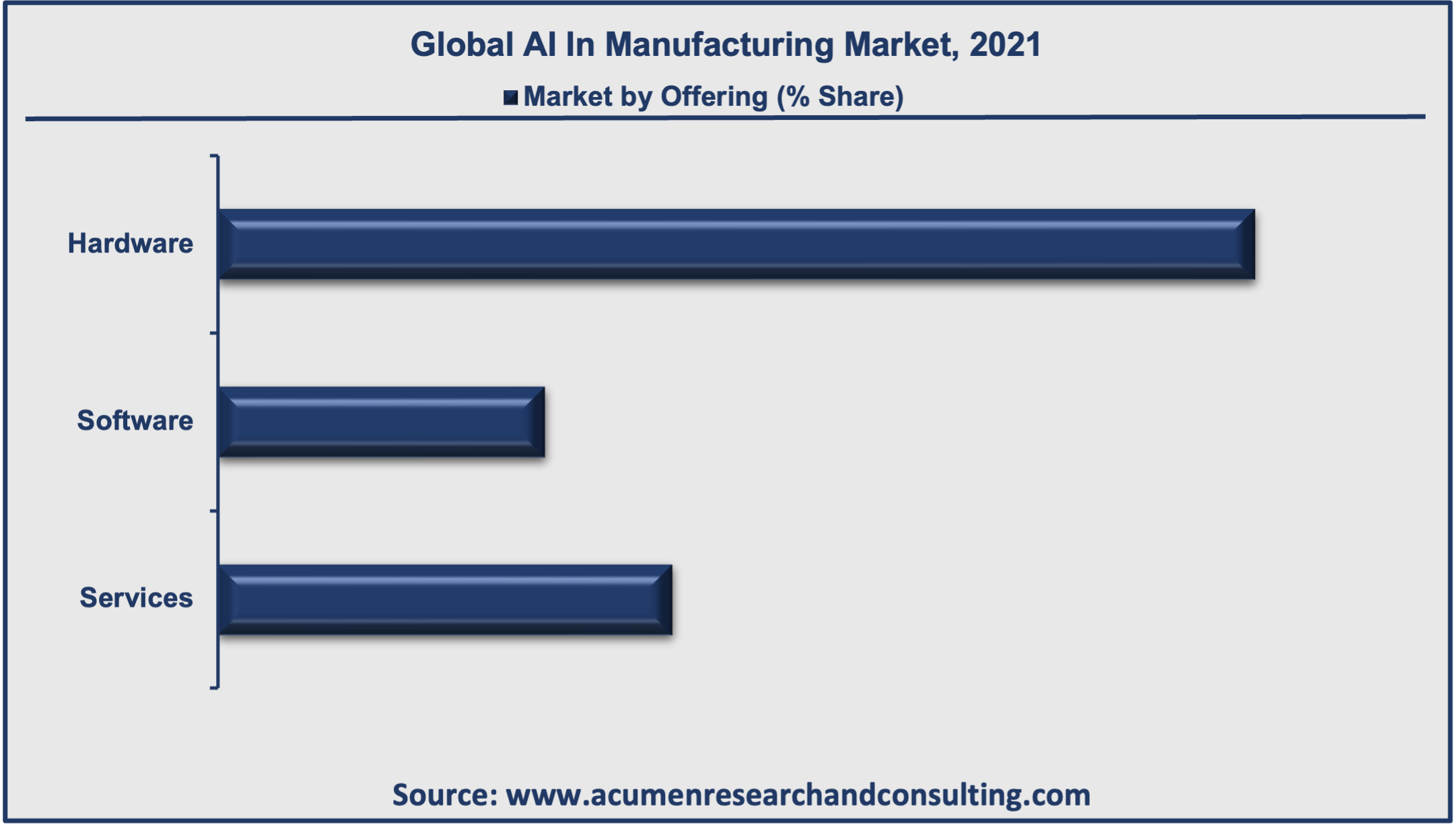
Unveiling the Future: AI Transforming Manufacturing Trends
In the dynamic landscape of manufacturing, Artificial Intelligence (AI) is emerging as a powerful force, revolutionizing traditional processes and setting new trends. From predictive maintenance to smart factories, AI is reshaping the manufacturing industry, ushering in an era of efficiency, innovation, and sustainable practices.
Predictive Maintenance for Operational Excellence
One of the prominent trends in AI-driven manufacturing is predictive maintenance. By leveraging machine learning algorithms, manufacturers can predict equipment failures before they occur, enabling proactive maintenance and reducing downtime. This not only extends the lifespan of machinery but also contributes to operational excellence and cost savings.
To explore the latest trends in AI-driven manufacturing, visit AI in Manufacturing Trends. Discover cutting-edge solutions shaping the future of the industry.
Smart Factories: Connectivity and Automation
The concept of smart factories, driven by AI, is transforming manufacturing floors into interconnected hubs of automation. AI-enabled sensors and devices communicate in real-time, optimizing production processes, monitoring inventory levels, and ensuring seamless coordination between various components. The result is increased efficiency, reduced waste, and the ability to adapt to changing demands swiftly.
AI in Quality Control: Precision and Consistency
Quality control is undergoing a revolution with the integration of AI. Machine learning algorithms can analyze vast amounts of data to detect defects, ensuring precision and consistency in the manufacturing process. AI-powered vision systems identify imperfections with speed and accuracy, leading to higher-quality products and minimizing the likelihood of defects reaching consumers.
Supply Chain Optimization Through AI
AI is playing a pivotal role in optimizing the manufacturing supply chain. From demand forecasting to inventory management, AI algorithms analyze data to streamline operations. Manufacturers can make data-driven decisions, minimizing excess inventory, reducing lead times, and enhancing overall supply chain efficiency.
Collaborative Robots (Cobots) Enhancing Productivity
Collaborative robots, or cobots, are a rising trend in manufacturing. These AI-powered robots work alongside human operators, enhancing productivity and safety. Cobots can handle repetitive tasks, allowing human workers to focus on more complex and strategic aspects of production. This collaborative approach improves efficiency and contributes to a harmonious man-machine work environment.
Sustainable Manufacturing Practices
AI is playing a crucial role in promoting sustainability within the manufacturing sector. Through data analysis, manufacturers can identify areas where energy consumption can be optimized, waste reduced, and overall resource efficiency improved. AI-driven insights enable manufacturers to adopt eco-friendly practices, aligning with global efforts toward sustainability.
To stay updated on the transformative trends in AI-driven manufacturing, explore AI in Manufacturing Trends for valuable insights and resources.
Workforce Upskilling for the AI Era
As AI becomes integral to manufacturing processes, there is a growing need for workforce upskilling. Employees must adapt to working alongside AI systems and understand how to leverage these technologies effectively. Upskilling initiatives ensure that the workforce remains competitive and capable of maximizing the potential benefits that AI brings to manufacturing.
Data Security and Ethical Considerations
While AI offers tremendous advantages, manufacturers must address concerns related to data security and ethics. As AI systems rely on vast amounts of data, ensuring the protection of sensitive information is paramount. Manufacturers need robust cybersecurity measures and must adhere to ethical guidelines to build trust with consumers and stakeholders.
Customization and Personalization in Manufacturing
AI is enabling a shift towards more customized and personalized manufacturing processes. Through data analysis and machine learning, manufacturers can understand customer preferences and tailor products to meet individual needs. This trend is reshaping the manufacturing landscape, allowing for greater flexibility and responsiveness to market demands.
The Future of AI in Manufacturing
In conclusion, AI is driving transformative trends in manufacturing, from predictive maintenance to sustainable practices and workforce upskilling. As the industry embraces these trends, manufacturers can enhance efficiency, reduce costs, and contribute to a more sustainable and innovative future. To delve deeper into the evolving world of AI in manufacturing, visit AI in Manufacturing Trends and stay ahead of the curve.
